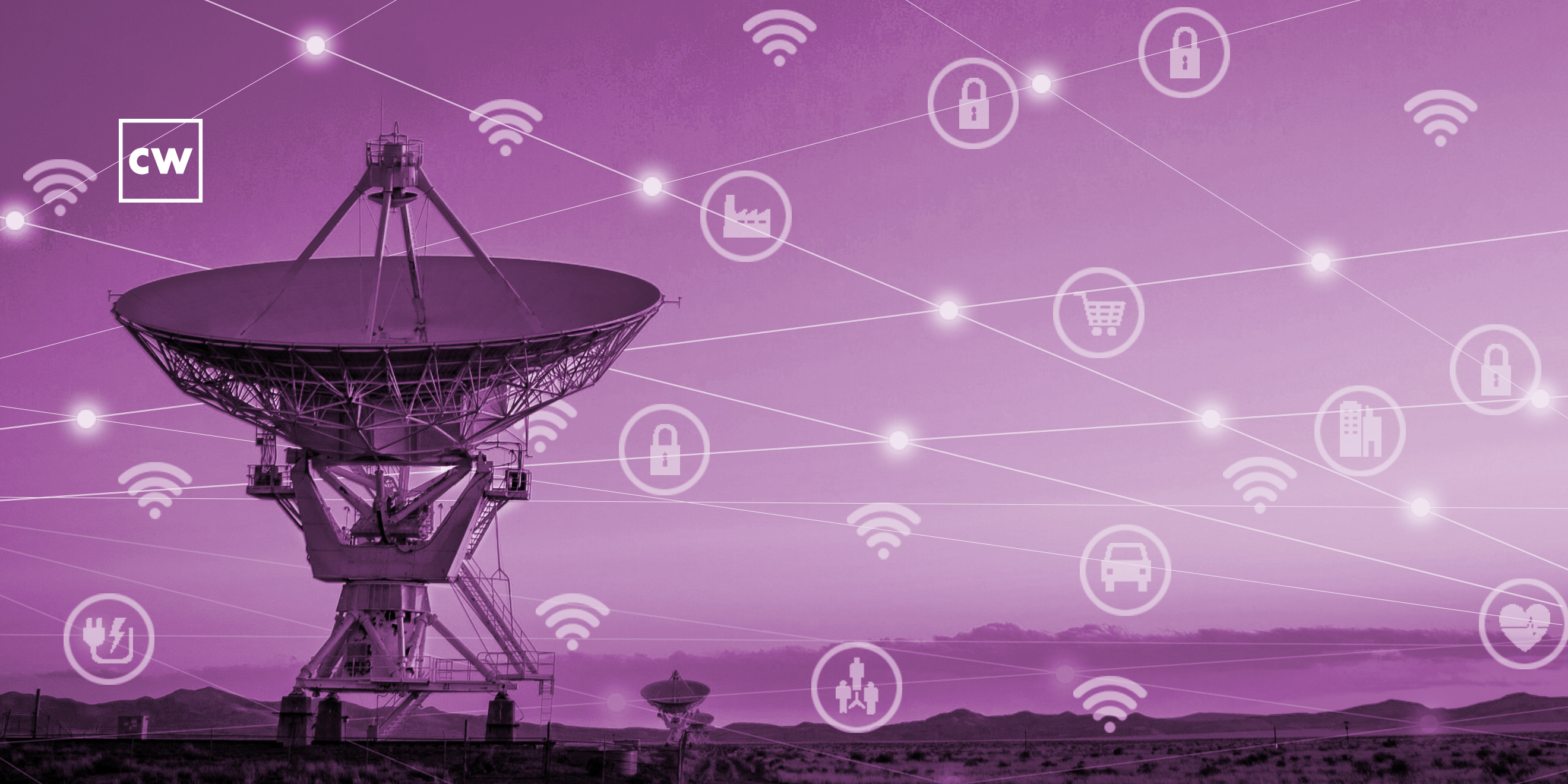
Teresa Shea: The challenge of adapting new technologies. [Intelligence]
Teresa Shea: My name, my name is Teresa Shea, and I am a Vice President at Raytheon running a group called Cyber Offense, Defense Experts.
Teresa Shea: When I was a little girl by knew that I wanted to be a teacher. We played school all the time. That's what we did. And as I got older, I zeroed in, on becoming a math teacher. So I graduated from high school in 1977, which was just about the time ARPANET was turning into the internet. I really liked math. It was almost an escape for me. And I knew in high school that it wasn't really a common thing for, especially for girls to like. What got my attention was when I graduated from high school, the Society of Women Engineering, have you you've heard of them, I'm sure they gave me a scholarship and I was like, wow, this is pretty cool. I, I need to check out this engineering thing.
Teresa Shea: As I recall, even back then, EE was hard. It was a, it was a hard field. There weren't a lot of women. In fact, probably one other woman in most of my classes. And, um, what ended up happening here is while I was in college, I looked into internships and summer work and I ended up doing an internship with the National Security Agency up at Fort Meade. And that was a highlight. I mean a real, real highlight of my experience. I got, I got exposed to the mission there and I got exposed to the people there and it was just awesome. So they, they were very focused on electrical engineering. So it really drove me to finish there. And my goal was to go work for them.
Teresa Shea: I was the SIGINT director there in 2013 when the whole Snowden affair happened. And I knew that we were going to have to recover from that quickly and that we were going to have to adapt new technologies faster than we were able to build them ourselves. And so I got exposed to a strategic invest for the intelligence community called In-Q-Tel. So when I retired in 2015, the next year I went to work for In-Q-Tel to run a cyber security lab there, to work on leveraging those startup technologies. And after about three years there, it was clear to me that it was really hard to get startup technology into the intelligence community operational side, largely because the startups don't, you know, they're not all US persons. Sometimes they don't all have US investments. They certainly don't have security clearances. And they typically aren't interested in getting security clearances or dealing with the acquisition processes that, uh, you know, our government and especially intelligence community have for good reason. So I wanted to go with a system integrator that believed in partnering and leveraging some of those advanced technologies, and I knew about this group in Raytheon called cyber offense, defense experts. I knew about them from being in the intelligence community, and I knew they had the best people and worked on the cutting edge capabilities, so that, and, uh, the leadership there at Raytheon that I wanted to work for, because who you work for is so important, is why I chose to go to Raytheon.
Teresa Shea: There's a lot of discussion about success, right? How do you define success or really what matters to me is not so much in the success that you might think, um, I had, but what matters to me is really about the significance in people's lives. If I can every day encourage people and help them along in their journey, especially if they're in this space with me, then that's how I want to be remembered. Uh, I do believe that, you know, every act of encouragement or empowerment really matters. And we need to be doing that for each other and we need to do it with integrity and compassion and character, quite frankly. So it's what I strive for every day. And I hope that's what I'm remembered for.